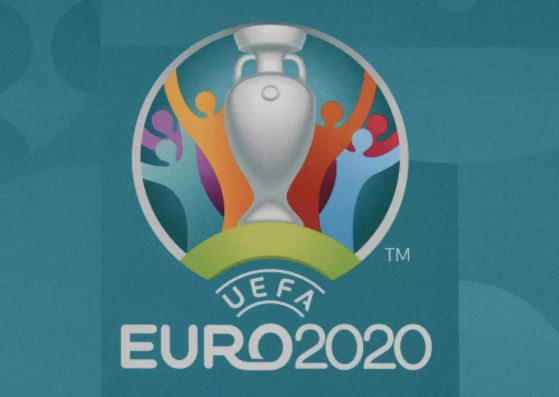Euro 2020 takes place this summer, albeit a year late, with football fans eager to get their fix of international football after a three-year tournament hiatus.
In Europe, there hasn’t been a major competition since the 2018 World Cup, and with the Euros often throwing up a surprise or two, fans are hoping to be enthralled and captivated by the action, set to take place across twelve different cities. Euro 2020 is unique in that there are no hosts as such, with Amsterdam, Baku, Seville, Bucharest, Budapest, Copenhagen, Glasgow, London, Munich, Rome and Saint Petersburg all hosting matches.
The Krestovsky Stadium in Saint Petersburg sets a precedent by becoming the first stadium in Europe to host a home nation at two consecutive international soccer tournaments. Russia beat Egypt 3-1 there in 2018, and they will face Belgium and Finland there at Euro 2020. In addition, the stadium will host a quarter-final match that could feasibly include Russia.
The hosts of the 2018 World Cup are not considered to be amongst the favorites for this year’s tournament, but they are one to keep an eye on. Russia is ranked as an outsider for the competition in the latest Bwin Euro 2020 winner odds, behind traditional names such as Spain, Italy and Germany, but ahead of the likes of the Czech Republic, Ukraine and Hungary, who are not fancied at all. That positioning as the ‘best of the rest’ is one other teams should be wary of, as Russia poses a severe threat at Euro 2020.
Whilst not considered one of the ‘top’ European teams now, Russia was once a dominant force in world soccer. These Football Times explains that after winning Olympic gold in 1956, the team imposed itself on the world game. In 1966, as the Soviet Union, they reached the semi-finals of the World Cup, and in 2018 they made the quarter-finals. They have faired better in the Euros, winning the competition in 1960 and finishing as runner up in 1964, 1972 and 1988. Their best performance since the Soviet Union broke up came in 2008 when they reached the semi-finals.
They have been handed a favorable draw – with Denmark and Finland – and both teams they are capable of beating, whilst Belgium remains the only side to have defeated Russia in qualifying. If they were to finish as runner up in their group, they would face another group runner up in the last 16, potentially Turkey, Wales or Switzerland. That would give them a real chance of progressing to the quarter-finals, making them a real dark horse. Beyond that the draw becomes murkier, with the Netherlands and Germany amongst potential quarter-final opponents.
Of course, a kind draw is one thing, but a strong squad is needed to go deep in the competition, and Russia again tick the right boxes. Their two biggest stars in terms of club football are AS Monaco’s Aleksandr Golovin and Valencia’s Denis Cheryshev. Still, they also have plenty of experience in the squad through Yuri Zhirkov, Fyodor Kudryashov and Mario Fernandes. Unlike many other teams in the competition, they also benefit from having lots of domestic players from their three leading domestic clubs – CSKA Moscow, Spartak Moscow, and Zenit Saint Petersburg players make up 50% of the playing squad. Those on-field relationships at club level will help the side gel quickly and ensure there is already some degree of understanding.
It is not all positive for Stanislav Cherchesov’s side, though. They have only won five of their 13 matches in 2020/21, losing heavily to Serbia (5-0), as well as Slovakia (2-1), Turkey (3-2) and Sweden (2-1). Their final friendly before the tournament starts was a 1-0 win against Bulgaria, some 23 places below them in the world rankings, and a game they only won courtesy of a penalty. They go into their opening games against Belgium 38th in FIFA’s World Rankings, behind Iran, Peru and Algeria. Still, if they can bounce back from a tough opening encounter, with that kind draw and the right blend of players, Russia could well be a team that defies the odds and has a strong run towards at least the quarter-final.

